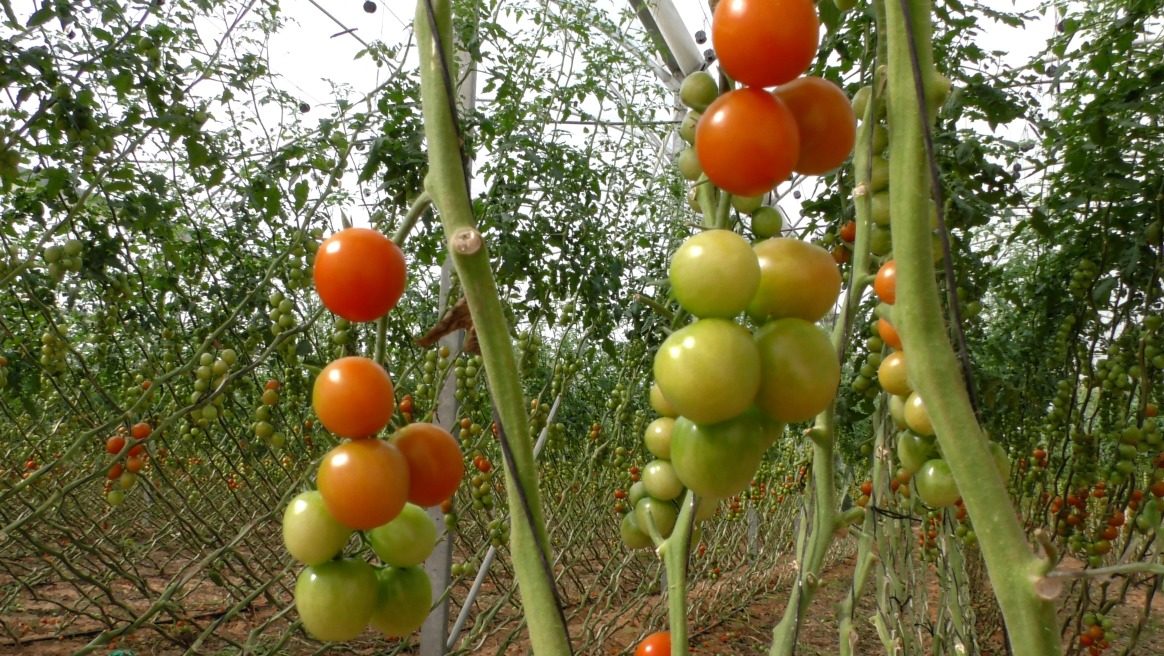Leket Nonprofit Works To Feed the Needy While Relieving Israel’s Agricultural Crisis
Israel's biggest food rescue organization normally provides meals to 250,000 people around Israel, but since the war began it has been feeding 50,000 more, as well as helping farmers whose crops will go to waste if not tended and harvested
For the past 20 years, Leket Israel, a nonprofit charity known as Israel’s national food bank, has been providing meals for the needy, collecting surplus food and agricultural products and delivering meals to some 250,000 people around Israel every week.
That changed after the Oct. 7 attack by Hamas. As a result of the attack and the subsequent war, more than 200,000 Israelis have been evacuated from their homes in northern and southern Israel and placed in hotels further away from the conflict zones.
Leket, a Biblical Hebrew word meaning “gleaning,” was forced into emergency mode to provide food for the hungry and displaced.
Leket is “the largest gleaning operating in the world,” according to founder and chairman Joseph Gitler. Normally, it rescues surplus meals and food products from a network of providers, including the army, large hotels, and farms.
We understood that the 10,000-plus meals we rescue every day would probably disappear
Due to the war, nearly the entire supply was cut off. Gitler said that the situation immediately became clear.
“We understood that the 10,000-plus meals we rescue every day would probably disappear,” he said. “This is because most of it comes from army bases,” which were now dealing with a food shortage because of the need to feed the massive influx of reserve soldiers who had been called up.
In addition, large events such as weddings and conventions, which normally would have had leftover food, were canceled, and hotels were now filled with evacuees who needed to be fed.
Leket was faced with a monumental crisis. Not only did it still need to ensure meals for its 250,000 weekly recipients, but now around 50,000 additional displaced Israelis need help, according to Gitler.
This led Leket to start an emergency campaign to purchase cooked meals. In the three weeks since the war began, it has purchased more than 250,000 cooked meals, roughly 10,000 to 13,000 per day. Gitler wants to raise that number to 20,000.
To help speed up this effort, Leket has opened up its distribution centers to restaurants and home cooks who can come and take raw cooking supplies to cook for soldiers, the needy, and evacuees.
One of Leket’s main food sources in normal times is excess crops from farmers. Gitler calls farmers the “number one donors” to the organization.
However, the war has brought about what is likely the biggest crisis for farmers in the history of the state of Israel.
Some 75% of Israel’s crops are grown in the lands bordering Gaza, and nearly every farmer in the area was forced from their land. Those who could stay found themselves without their usual Thai agricultural workers. Before the war, Israel had around 25,000 Thai workers. However, many were killed or taken hostage in the attack, while others returned to Thailand. Those remaining are unwilling to work so close to a war zone, meaning that large amounts of crops have been left untended and unharvested and are or soon will go to waste. The problem exists in the north of the country too, from where many farmers were evacuated.
Leket jumped on the problem and put its staff to work recruiting and placing volunteers on farms to tend to and harvest crops. Gitler estimates that there are now roughly 5,000 volunteers on farms, many sourced by Leket. This includes hired pickers that the organization has been able to provide.
Avi Malka, 55, from Raanana, has been at the forefront of Leket’s efforts to assist farmers. He told The Media Line that when the war broke out and he saw that people would abandon agricultural labor in the south, he thought the best way forward would be to open a WhatsApp group to find volunteers.
On the first day, the group reached a maximum of 1,025 members. The next two groups Malka started filled up quickly. The volunteers range in age from young to elderly and come from all over Israel, he said.
Malka is assisting Leket with logistics, ensuring that volunteers can get to the farms, finding sleeping arrangements, and checking up on their safety. Every volunteer must register with the national insurance agency in case of an incident.
Keeping farmers solvent is very important. The issue is not ending any time soon, and we are going to continue to support them.
In the south, people have only 15 seconds’ warning to get to a safe room in case of a rocket, but Malka says this is impossible when working in the field. So volunteers must lie on the ground and pray, risking their lives to ensure farmers can stay afloat.
Gitler says the Leket people are “doing their best” to help their farming partners. So far, for every farmer who calls saying they can’t sell their crop due to the war, Leket has bought the entire crop, 1,000 tons since the war started.
Gitler maintains that they need to buy more.
“Keeping farmers solvent is very important. The issue is not ending any time soon, and we are going to continue to support them,” he said.


